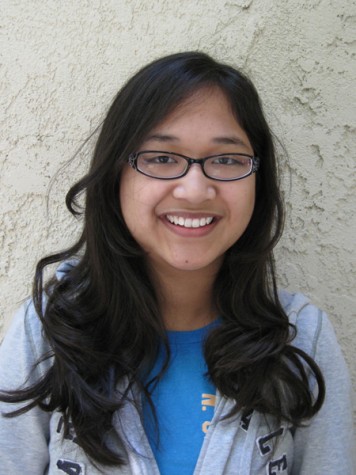In preparation for the American release of his latest film, Japan’s cult-classic director Takashi Miike held a Hollywood pre-screening of “13 Assassins,” his new out-of-character samurai flick in March.
Miike’s decision to remake the 1963 film “Jñsan-nin no shikaku” was an interesting one. The director is best known for his dedication to extreme graphic violence in horror films.
He’s left his mark on the genre with movies like the cult-classic “Audition” (1999), critically-acclaimed “Ichi the Killer” (2001), and “One Missed Call” (2003), a horrifying tale that made half of Japan (and one El Vaq reporter) deathly afraid of a mobile ringtone.
So what, after such success in horror, prompted Miike to direct such a serious samurai tale?
“I really don’t like the way people want to say, ‘Oh, this director is this kind, he directs this kind of genre,'” Miike said in a Twitchfilm.com interview.
But perhaps the real reason for Miike’s genre-jump becomes clear about halfway through the film, when the dialogue fades and the swords are drawn.
Miike loves gore. And as Japan’s resident expert on the subject, he demands realism in his gore. This realism goes beyond basic blood-and-guts special effects, and perhaps beyond whatever comes after that.
Several fight scenes in “13 Assassins” offer a unique look at the human arterial system from an angle normally only available to witnesses of horrendously debilitating lawnmower accidents
In classic Miike style, this is a film that can go gracefully from whispered tea-time assassination plotting to gut-wrenching quadruple amputation in less than 10 seconds, all without sacrificing a seamlessly fluid storyline.
The plot is simple enough to follow – if you’re Japanese. If not, it may take some basic knowledge of Bushido philosophy to keep up with the dialogue.
In the mid 1800s, as Japan nears the end of the feudal age, a group of samurais band together to murder tyrannical leader Lord Naritsugu, who hungers for a repeat of Japan’s Age of War – mostly because he just thinks it was awesome.
Lord Naritsugu, played by Gorì Inagaki, is the Shogun’s sadistic little brother. Due to his family’s status, and perhaps a childhood devoid of hugs, Naritsugu never quite grasped basic moral concepts.
This is shown in his casual hobbies, which include bounding randomly selected families in rope and murdering them oldest-to-youngest with a bow and arrow for entertainment between meetings.
Despite the samurai code, which focuses on offering your life to protect your lord, this group of characters boldly decides to protect the people from their lord instead.
As is typical in revolutions, this effort confronts a counter-effort composed of hundreds of warriors still loyal to their lord. The situation is reminiscent of the movie “300,” but with better special effects, a great soundtrack, and a lot more blood.
Comic relief in the film is scarce, but nearly all of it is provided by The Hunter, a hyperactive risk-taker who lives in the mountains. The Hunter guides the group to safety, where he proves to be more deadly with a slingshot than most people are with semi-automatic machine guns.
Americans aren’t often given the chance to see a film with a serious storyline, serious characters, and very little comic relief. In fact, it’s the American way to poke fun at things that are too serious.
Perhaps that’s the reason attendees at the press screening of “13 Assassins” chose to interpret their own comic relief.
During what were undoubtedly intended to be serious scenes, the audience erupted in laughter at the sight of an expertly executed demolition of a large building, a torrent of fresh human blood, and the head of a warrior being kicked across a field like a soccer ball.
Although cultural expectations may cause varied reactions to the film, the one thing that transcends culture is how universally kick-ass Miike’s artistic direction once again proved to be.
It seems the only real difference in Miike’s films, no matter the genre, is whether the viewer leaves the theater shaking with fear, or shaking with excitement.
Rating: 4 out of 5 stars.


